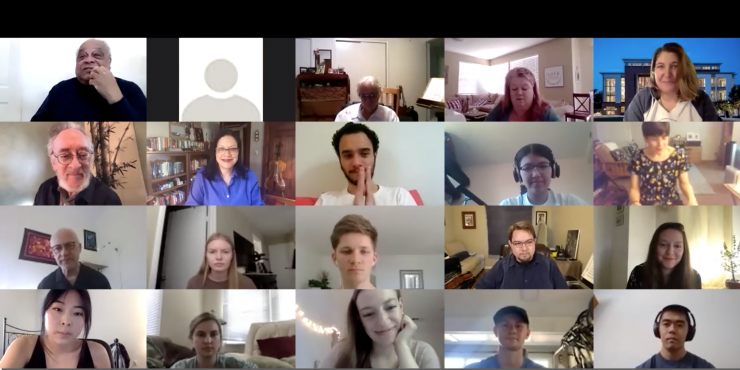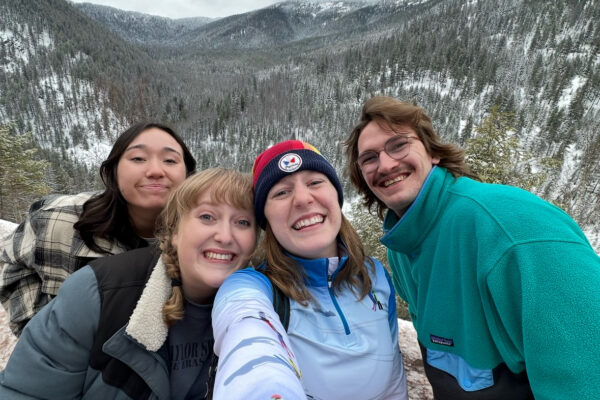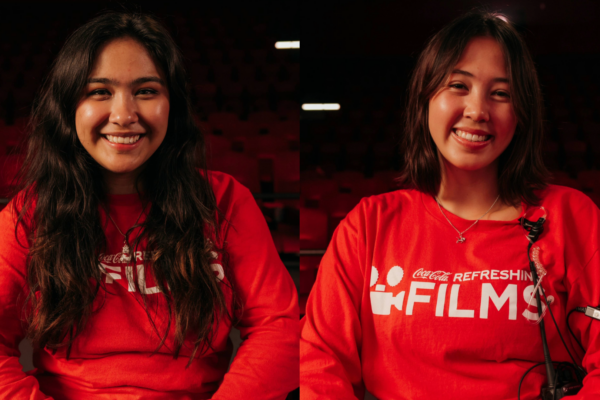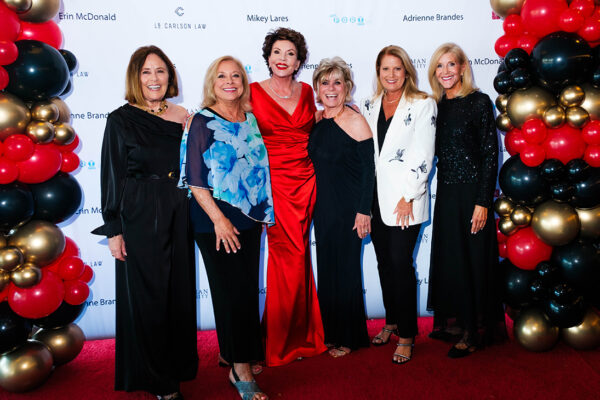In a candid Zoom conference attended by students from Chapman University’s College of the Performing Arts and the members of the illustrious Juilliard String Quartet, professional and student musicians alike talked about how stay-at-home policies have affected their performances.
Relatable Quarantine Moments
When a student asked how the quartet’s routines had been affected, Juilliard String Quartet violinist Areta Zhulla chuckled.
“Just don’t ask us anything about practicing, okay?” Zhulla joked during the recent master class.
Everyone laughed, knowing that even the Juilliard musicians they admired were forgetting to practice while in isolation. It made for a relatable moment among the students and was a way to preserve a sense of humor during a confusing time.
Adapting to stay-at-home policies has been tough for the performing arts world, where concerts have been canceled abruptly and instruction has moved online. Moving master class programming online was Musco Center’s way of continuing a three-year tradition of enhancing students’ education by providing access to world-class mentors. It was also a way to take parts of a canceled season from the stage into the digital realm.
Students Connect
Despite its remote nature, students seem to find the online master classes instructive and surprisingly intimate. Daniel Sanchez ‘21, who studies vocal performance, attended Musco’s first online master class with Los Angeles Opera’s associate chorus master Jeremy Frank, on May 1.
“Right from the start, he was very kind, calming, and really made you feel like he wanted to work with you,” Sanchez said. “While he kept a professional attitude, he was very good at making things low-key and at a personal level for the students he was working with. He really seemed to know what he was talking about, and was able to give all the students good advice!”
Moving Master Classes Online
On May 14, Musco Center hosted an additional public livestream conversation with the members of the Juilliard String Quartet, violinists Areta Zhulla and Ronald Copes, violist Roger Tapping, and cellist Astrid Schween. The musicians discussed classical and chamber repertory, pedagogy, international touring and the current state of the arts. The quartet was previously scheduled to return to Musco Center for a series of master classes and a live performance on May 2.
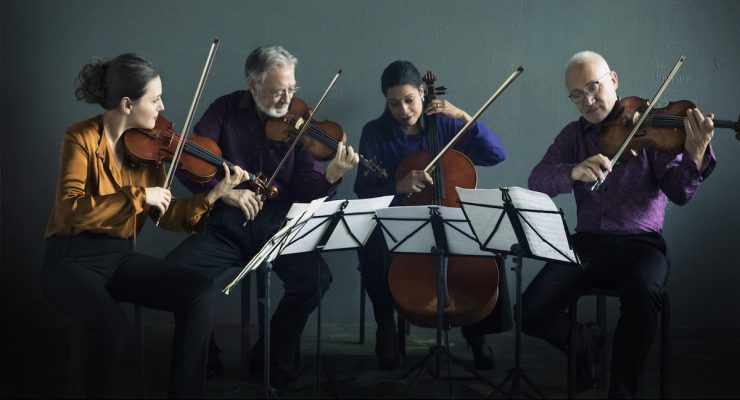
Like all live entertainment venues, Musco Center was dealt a heavy blow by stay-at-home policies. The challenge for Musco Center’s team has been how to keep people connected to the performing arts, a medium that requires a live environment to thrive.
“The first thoughts I think we all had when the pandemic struck were: how bad is this going to get and how long is it going to last?” said Richard T. Bryant, Musco Center executive director. “It wasn’t until several weeks later that we realized the next entire 2020-21 season was also in jeopardy. ‘How long is this going to last?’ became a national question which, to this day, is not answered.”
But as all performers know, the show must go on. And one of the programs the Musco team was determined to continue was their Musco Master Class program.
Designed to enrich CoPA’s curriculum with instruction from world-class artists, the Musco Master Class program launched during Musco Center’s 2018-19 season. Since then, the center has coordinated classes for CoPA and other relevant Chapman academic departments, Chapman Radio and local schools like the Orange County School of the Arts. Members of the Musco’s Circle of Friends, which starts at a $100 “Applause” level, are also invited to attend.
Musco Center’s programming specialist Amanda Rountree has facilitated collaborations between Musco and the rest of the university since the master class program’s inception. She says that while it was disappointing to see their spring semester master classes canceled along with the rest of their season, they were determined to continue providing students with access to instruction by esteemed artists.
“We all felt a sense of loss for these events and so we knew that it was important to find a way to find a creative solution that would allow students to meet professional artists in their fields, ask questions, stay engaged, and find community,” Rountree said.
Bryant agrees that it was all about getting creative with finding solutions to problems.
“We found performing live for a critique was impractical because of the various bandwidth issues at the many remote locations of the teachers and students,” he said. “So, we asked students to submit videos of their performances in advance and then discussed them in real time.”
Overall, Rountree says she’s been impressed by how quickly the Chapman community has adapted to online learning.
“We’ve been experimenting with Q&As, live-streaming, and pre-recorded performances to see what works best,” she said. “It’s been a fantastic learning experience!”
Virtual master classes are just one facet of Musco’s @THEMUSCO initiative, geared toward keeping at-home audiences entertained and connected. Musco also hosted a livestream sneak peek of CoPA’s canceled production of Mozart’s “Die Zauberflöte” (The Magic Flute), created a downloadable Musco Center activity booklet and began sending updates and recommendations to subscribers through a weekly email titled “The Emotive Beat.”
Musco Center has more master classes in store, as well as additional digital content planned to ensure their at-home audience still has a front-row seat to all the action.
“We are fortunate to be in a university environment with great leadership as we work through these complex issues and stay true to the University’s highest priorities,” Bryant. said “We are also fortunate to be theater people who are constantly inventing and reinventing.”
